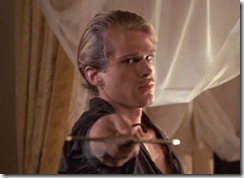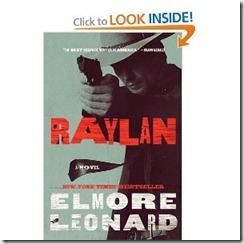Fiction-Zone: Leaps in Fiction Mastery by Diane Holmes, Chief Alchemist of Pitch University
#1 Learn how to improve.
Have you ever heard the advice to write every day?
There’s something about using your writing muscles every day that can help you stay in the flow of your story and keep you productive.
But don’t just write every day. Write to improve every day.
Yes, that’s right.
Make sure today’s ability to write stories is even better than yesterday’s.
#2 Prove that you’ve improved.
Look at the page you’ve written.
You want to see real evidence of your new super powers physically on the page, in the texture of your story, in the characterization, plotting, conflict, and on and on.
There are thousands of things to improve.
Your stories themselves should be getting better. The ideas. The choices. The drama. And the language you use to project the illusion into the mind and heart of the reader.
If you want to be truly great, then it’s not just about increasing your understanding. It’s about greatness ending up on the page.
“Writing is finally about one thing: going into a room alone and doing it. Putting words on paper that have never been there in quite that way before.”
–William Goldman, author of Princess Bride
#3 Surprise yourself.
It’s easy end up in the proven land of “things that work.”
So surprise yourself with things that shouldn’t work but do. Come out of left field.
Create your own Cliffs of Insanity.
#4 Take risks, even when you think you’ll ruin everything.
There’s awfully good traction you can gain from playing out on the bleeding edge, where you could “ruin everything.”
If you start to panic too much, your friends will calm you down.
Then do it anyway. Could be a pretty good scene.
From Which Lie Did I Tell?: More Adventures in the Screen Trade, William Goldman talks about “that one scene” in When Harry Met Sally:
”What you cannot imagine now is the shock value of that scene.”
Some scene, eh?
#5 Learn how not to worry.
Sometimes all that improving and risk taking is scary.
But, really, all you need is a giant.
And you’ll be fine.
—
Need more Princess Bride-inspired writing advice?
Read JulieD’s “Have Fun Storming The Castle – Writing Lessons From The Princess Bride.”
Bonus: Nice article about the process of converting visitors (or even potential readers) into customers (such as book buyers).
“Conversion statistics, rodents of unusual size and the finest swordsman that ever lived” Posted by: Scott Tuesday
—
 Diane writes two alternating columns for Freelance-Zone:Fiction-Zone: Leaps in Fiction Mastery and Marketing-Zone:Marketing-Zone: Marketing Yourself and Your Book.
Diane writes two alternating columns for Freelance-Zone:Fiction-Zone: Leaps in Fiction Mastery and Marketing-Zone:Marketing-Zone: Marketing Yourself and Your Book.




